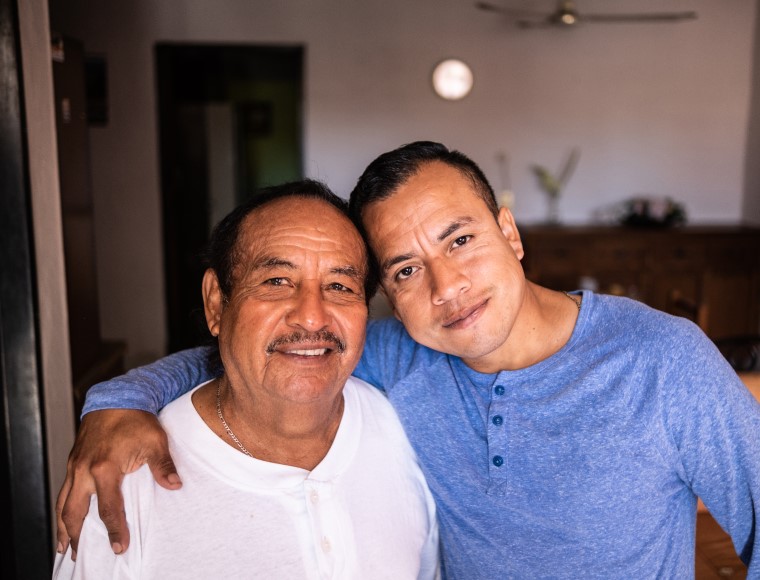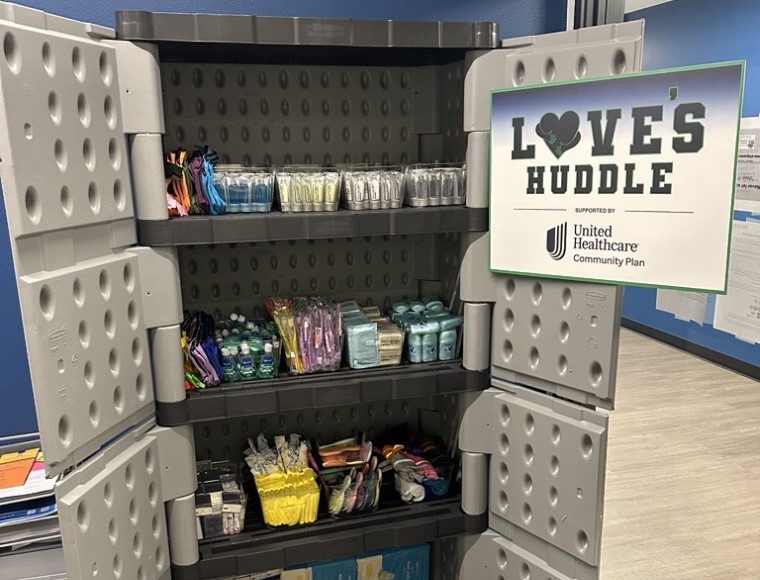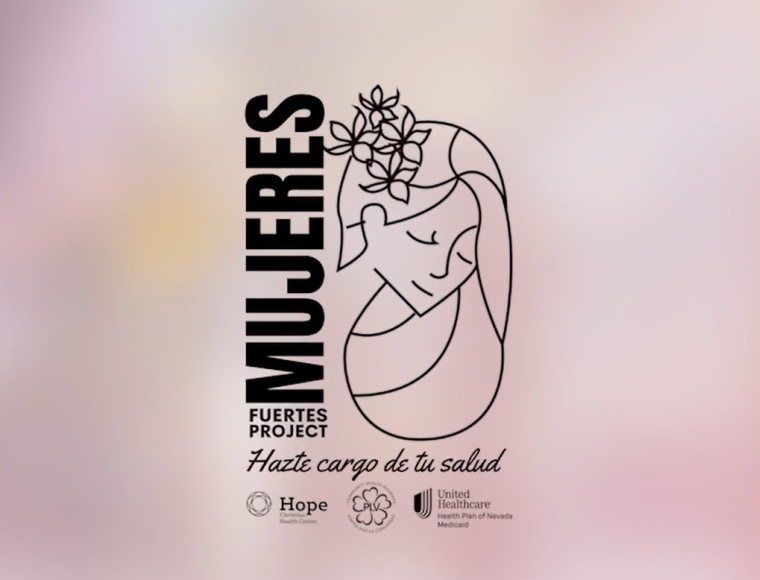Behavioral health care is a critical factor impacting the well-being of communities in New Mexico. In 2023, 36.4% of adults in the state reported symptoms of anxiety and/or depressive disorder.1 This challenge is compounded by a significant shortage of mental health professionals.2 Social drivers of health such as housing instability, food insecurity and lack of transportation can increase reliance on emergency departments (ERs) and further contribute to poor behavioral health outcomes.
To inform strategies to address these challenges, UnitedHealthcare Community Plan of New Mexico is collaborating with the University of New Mexico’s (UNM) College of Population Health to support a pilot research project. This initiative seeks to better understand the intersection of social needs, behavioral health and emergency room (ER) utilization, with the goal of improving outcomes through better care coordination and referral pathways.
Understanding ER utilization trends
UNM’s research leverages data from emergency departments across the state, provided by the New Mexico Department of Health. The study specifically examines social needs and behavioral health conditions by analyzing ICD codes and discharge notes. ICD codes, a standardized classification system for diagnoses, symptoms and medical procedures, will be used to understand patients’ diagnoses and the care that they receive.3 Z-codes, a type of ICD code, allow clinicians to document social factors that influence health status.
By analyzing these data sources, UNM is identifying patterns in the symptoms that individuals report and the referrals they receive for follow-up care as well as for social needs. Additionally, the research team is applying text analysis to uncover social needs that may not have been formally coded, for example, identifying homelessness through discharge notes. This comprehensive approach enables the research team to assess key factors such as frequency and accuracy of Z-code usage, potential gaps in the referral process and opportunities to standardize referrals to improve members’ experience and health outcomes.
Following the data analysis phase, UNM and UnitedHealthcare Community Plan of New Mexico will create targeted interventions to improve referrals and enhance provider training on Z-code usage. The collaboration will also share findings with local stakeholders to inform discussions and identify solutions.
The research will produce two reports, one focusing on social drivers of health and the other on behavioral health, which will provide actionable insights to improve referral pathways.
Medicaid populations often face disproportionately high rates of social and behavioral health challenges, making this research particularly relevant for health plans and providers serving these beneficiaries. By understanding and refining how needs are addressed, the study will inform strategies to improve health outcomes, lower health care costs, and improve member experiences. UnitedHealthcare Community Plan of New Mexico’s support of this initiative will help address behavioral health and social needs, ensuring better health outcomes for communities across the state.
Enjoy this article? Get future Community & State insights delivered right to your inbox.











